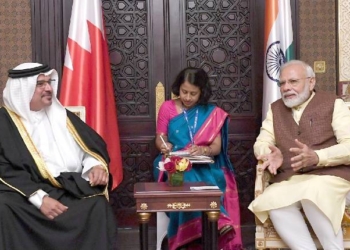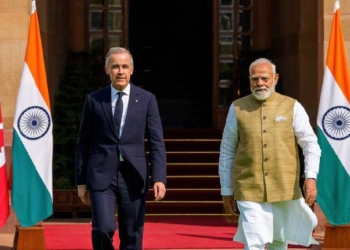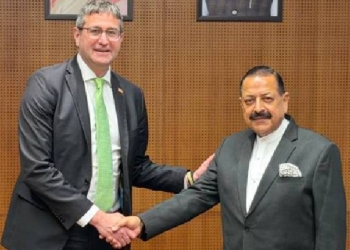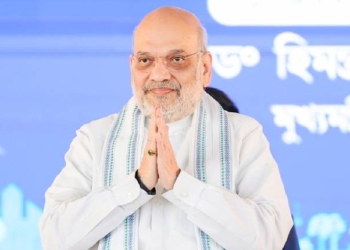New Delhi: The Union Cabinet, chaired by Prime Minister Narendra Modi, on Wednesday, gave its approval for the signing of three MoUs between India and Bhutan, covering the supply of petroleum products, energy efficiency, and cooperation in food safety measures.
The MoU on the supply of petroleum, oil, and lubricants (POL) and related products from India to Bhutan will promote bilateral trade in the hydrocarbon sector and ensure a secured and long-term supply of petroleum products to Bhutan.
The MoU will be a strategic fit as an Energy Bridge in India’s Neighbourhood First Policy, an official statement issued after the Cabinet meeting said.
Since exports play a crucial role in realising Aatmanirbhar Bharat, the MoU will also give thrust towards self-reliant India, it added.
The second MoU was signed between India’s Bureau of Energy Efficiency and Bhutan’s Ministry of Energy.
As part of this MoU, India aims to assist Bhutan in enhancing energy efficiency in the household sector by promoting the star labelling programme developed by the Bureau of Energy Efficiency. The formulation of building codes, to suit the climate condition of Bhutan, will be facilitated based on India’s experience. The creation of a pool of energy professionals in Bhutan is envisaged by institutionalising the training of energy auditors.
Training of retailers would help in the dissemination of energy-efficient products with consumer audiences, regarding savings from star-rated appliances. India aims to support Bhutan in its endeavour to develop and implement the standards and labelling scheme.
The third MoU was signed between the Bhutan Food and Drug Authority (BFDA), and the Food Safety and Standards Authority of India (FSSAI) regarding cooperation in food safety.
The signing of this agreement will facilitate the trade between two neighbouring countries. The BFDA will issue a health certificate as proof of compliance with the requirements prescribed by the FSSAI while exporting the products to India. This will promote Ease of Doing Business and will reduce compliance costs on both sides.















